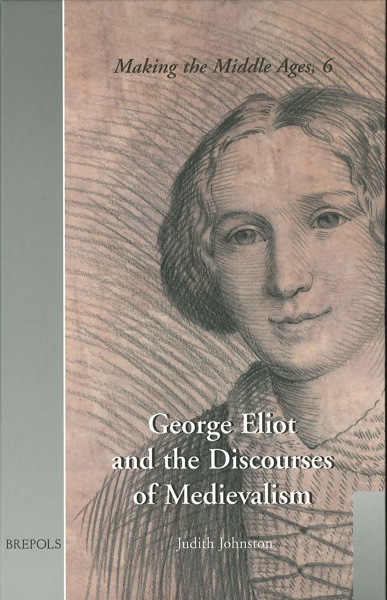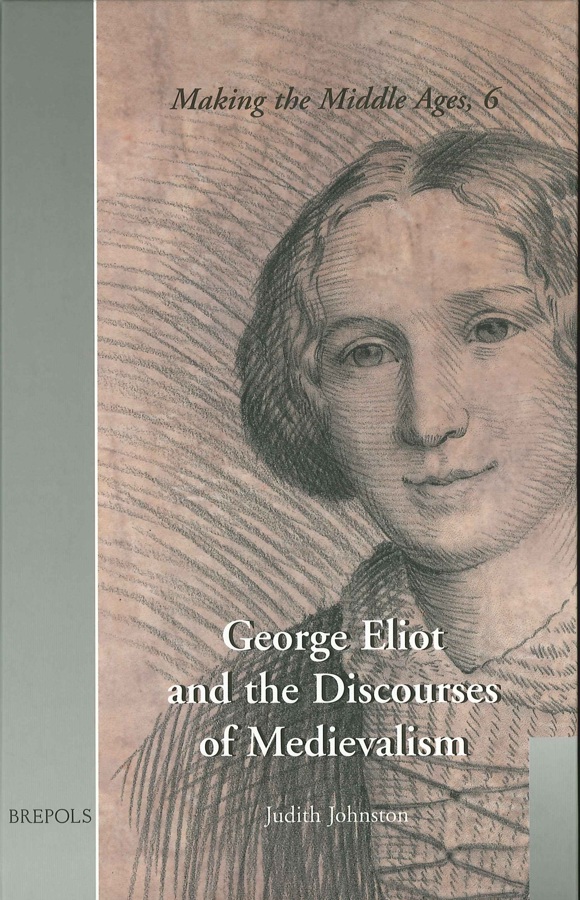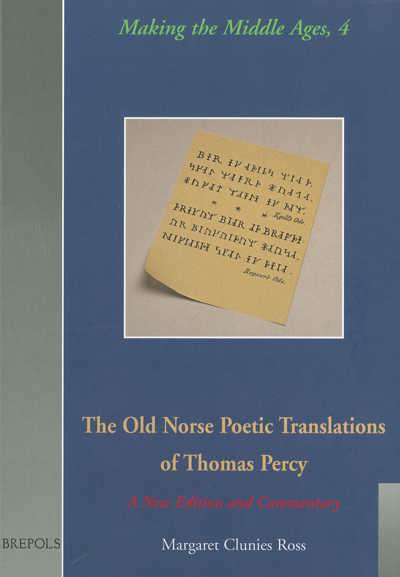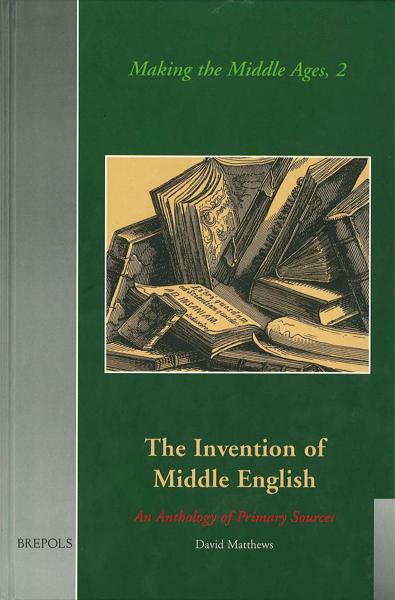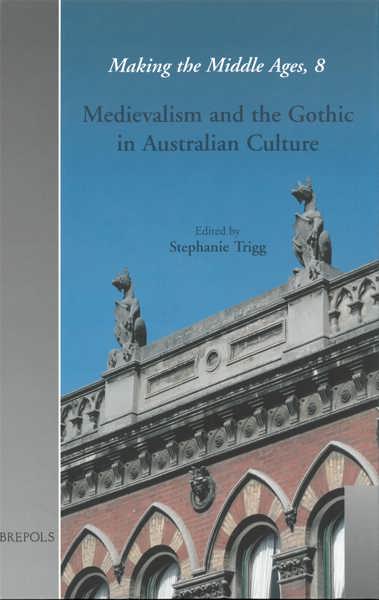
George Eliot and the Discourses of Medievalism
Judith Johnston
- Pages: 210 p.
- Size:165 x 245 mm
- Language(s):English
- Publication Year:2006
- € 30,00 EXCL. VAT RETAIL PRICE
- ISBN: 978-2-503-50773-6
- Hardback
- Available
- € 30,00 EXCL. VAT RETAIL PRICE
- ISBN: 978-2-503-57244-4
- E-book
- Available
This study explores the role of medievalism in the novels of George Eliot.
"George Eliot and the Discourses of Medievalism should appeal both to lovers of Eliot's work and to anyone interested in the influence of medievalism on nineteenth-century British culture." (C. Simmons, in: The Medieval Review, 06.11.01)
In George Eliot's last two novels, Middlemarch (1871-72) and Daniel Deronda (1876), she abandons the realism she had explored and articulated so carefully, most famously in Adam Bede, 'a faithful account of men and things', for an unprecedented return to 'cloud-borne angels, [...] prophets, sibyls, and heroic warriors'. This study addresses Eliot's exploitation of Victorian medievalism by considering the way in which she utilizes the discourses of medievalism, both for their potential for subversiveness and their potential for mediation, to affirm that change is possible socially, culturally, and politically, in her modern contemporary world. The various medieval discourses are revealed as interstices within what initially appears to be a continuation of the realism of her earlier novels. They permit political and cultural readings of a different, and often unexpected, kind to the realist bourgeois values of novels like Adam Bede, and to a lesser extent, Felix Holt. These political and cultural readings reveal a more determined, more obvious feminist and socialist polemic in her two last and possibly greatest novels.
